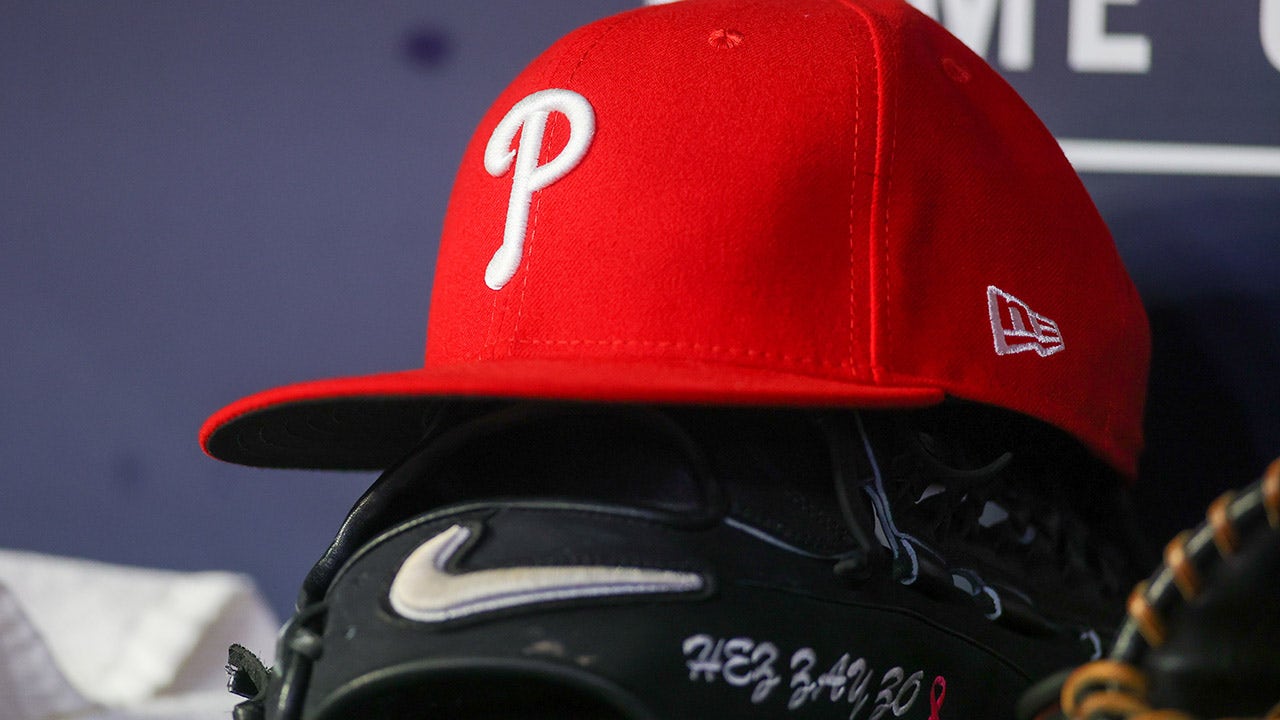Kamila Valieva disqualified from 2022 Olympics in doping case, Russia to lose team gold to U.S.

Russian figure skater Kamila Valieva was disqualified from the 2022 Olympics on Monday, almost two years after her doping case caused turmoil at the Beijing Games.
The verdict from the Court of Arbitration for Sport means the Russians are set to be stripped of the gold medal in figure skating’s team event. The United States finished second and is set to be named Olympic champion instead.
Canada, which placed fourth, could be upgraded to bronze.
Should the Canadians be elevated to third, it would mean a bronze medal for Roman Sadovsky, Madeline Schizas, Kristen Moore-Towers, Michael Marinaro, Vanessa James, Eric Radford, Piper Gilles and Paul Poirier.
The International Olympic Committee decided not to present any medals for the event in Beijing, where the 15-year-old Valieva was the star performer hours before her positive test for a banned heart medicine was revealed.
Here’s the decision: A four-year ban for Valieva from Dec 2021 to Dec 2025. Her Olympic results are disqualified, CAS says. A huge win for clean sport and massive loss for the Russian doping system. <a href=”https://t.co/7ArFoisqNv”>pic.twitter.com/7ArFoisqNv</a>
—@cbrennansports
CAS said it upheld appeals led by the World Anti-Doping Agency, which asked the court to disqualify Valieva from the Olympics and ban her. A Russian sports tribunal had cleared her of any blame.
The CAS judges banned her for four years, through December 2025 — about seven weeks before the next Winter Olympics in Milan and Cortina d’Ampezzo, Italy.
The U.S. team took silver in Beijing and should be upgraded to gold. Japan took bronze and Canada placed fourth.
The IOC is responsible for reallocating medals and its executive board is next scheduled to meet in March.
Valieva’s lawyers had argued she was contaminated by traces of the trimetazidine medication they said her grandfather used.
“Having carefully considered all the evidence put before it,” the court said in a statement, “the CAS panel concluded that Ms. Valieva was not able to establish, on the balance of probabilities and on the basis of the evidence before the Panel, that she had not committed the [doping violation] intentionally.”
There was “no basis under the rules to treat them any differently from an adult athlete,” said the court, which did not publish its detailed verdict pending a review of confidentiality issues.
The case provoked legal chaos at the Olympics because Valieva’s sample, taken six weeks earlier at the Russian national championships, was not notified by a laboratory in Sweden until hours after she competed in the team event on Feb. 7, 2022.
Valieva continued to skate at the Olympics after rulings by a Russian tribunal and a separate CAS panel did not hold her responsible as a minor.
The intense scrutiny on Valieva led to an error-filled skate in the individual event, where she had been favoured for gold but dropped to fourth place.
The drama continued when she left the ice. The reaction of her coach, Eteri Tutberidze, was fiercely criticized by skating experts and International Olympic Committee president Thomas Bach.
Bach said in Beijing one day later he had been “very, very disturbed” to watch the “tremendous coldness” of Valieva’s entourage.
The case came to CAS to challenge a Russian anti-doping tribunal verdict in late 2022 that Valieva was not at fault. That ruling suggested disqualifying her only from the national championships and letting her keep her Olympic results and gold medal.
WADA asked CAS to impose a four-year ban and to disqualify Valieva from the Olympics. The International Skating Union requested a two-year ban and disqualification.




